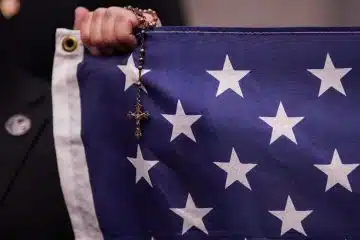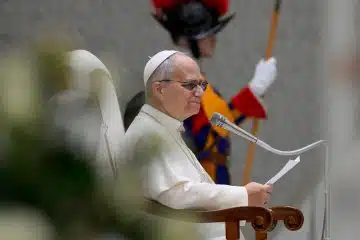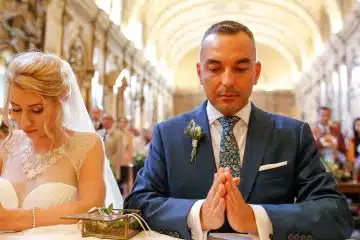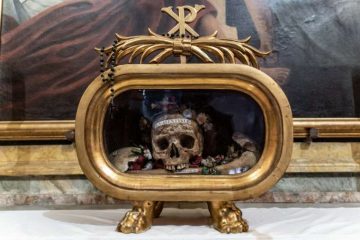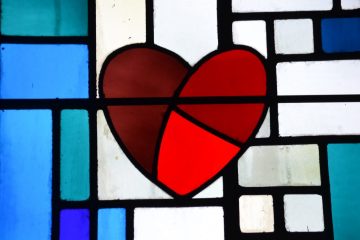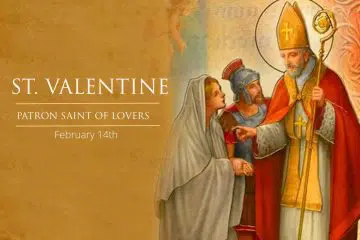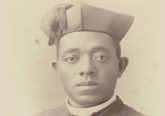‘American Spartacus’: Honoring a Black Catholic Civil War hero on Juneteenth
National Catholic Register, Jun 19, 2024 / 04:00 am
Juneteenth is a federal holiday recognizing the liberation of Black Americans and marking the conclusion of the U.S. Civil War. On June 19, 1865, enslaved Black Americans in Galveston, Texas, saw the Union Army, which included regiments of armed Black Americans fighting under the American flag, reunite the country and declare them free from bondage.
Black Americans began Juneteenth celebrations in Texas, and the celebration eventually spread throughout the country as the struggle to secure the peace and promise of racial equality won by the Civil War continued. This Juneteenth 2024 marks 168 years after the first Juneteenth celebration and is the fourth time the entire U.S. will observe it as a national holiday.
Catholics on Juneteenth should celebrate this day by honoring the memory of Capt. André Cailloux, the Black Catholic hero and patriot called the “American Spartacus,” whose ultimate sacrifice on the battlefield was crucial to turning the tide of the Civil War and allowing us the opportunity to live in a country that strives after “peace and justice for all.”
In 1861, at the outset of the Civil War, Confederate Vice President Alexander Stephens proudly declared the Confederacy would be the first nation in the world built on white supremacy, “upon the great truth that the negro is not equal to the white man; that slavery subordination to the superior race is his natural and normal condition.”
But the Confederacy would end in ruins by 1865, and the United States would triumph, because Black Americans — making up 10% of the Union Army and suffering 10% of total battlefield casualties — would help turn the tide of the U.S. Civil War.
President Abraham Lincoln, at the strong urging of abolitionists like the Black orator Frederick Douglass, agreed in 1863 to allow the enlistment of Black Americans for combat regiments. But everything depended on how the first Black Americans proved their valor in battle and whether Black Americans would join in the overwhelming numbers needed to win the war.
Cailloux responded to the call to form one of the first Black combat regiments in the Union Army, the First Louisiana Native Guard. Moreover, this Catholic — a married father who owned a cigar business, supported the charitable works of the Church, and proudly called himself the “Blackest man in New Orleans” — was a commissioned officer. So much responsibility rested on his decisions; he doubtless knew his conduct in the heat of battle would become the measure by which the fighting capability of Black Americans would be judged.
Cailloux and his men met their finest hour in the bitter siege of Port Hudson, Louisiana. He was ordered to lead the First Louisiana Native Guard in an assault on entrenched Confederate fortifications — practically a suicide mission in the face of artillery and sharpshooters. In his charge, Cailloux never wavered, urging his men onward in both French and English as the bullets pierced his flesh, until finally an artillery shell struck him down. Even then, he managed to give one final order for his lieutenant to take charge.
The news of Cailloux’s undaunted heroism in the face of certain death electrified the country, and the significance of his pivotal sacrifice as a Black officer, soldier, and free man led African Americans to enlist in droves into the Union Army. With the valiant sacrifices of the Black volunteers of the 54th Massachusetts Infantry at the Battle of Fort Wagner following Cailloux’s death in July 1863, the U.S. had its answer: Black Americans would fight with courage and distinction for the union and freedom.
Over the next two years, Gen. Robert E. Lee would see the ideology of the Confederacy unravel before his very eyes. White and Black Americans together in the Union Army fought his Army of Northern Virginia, and with their combined strength, finally defeated Lee and forced his surrender at Appomattox Court House.
Cailloux’s body would later be recovered with the fall of Port Hudson. New Orleans commemorated this native son and hero with a military parade, with mourners stretching a mile long. Cailloux’s funeral Mass was celebrated by Father Claude Paschal Maistre, the only Catholic priest in New Orleans who opposed slavery against the pro-Confederate clergy and suffered greatly for his witness at the hands of his own archbishop.
Cailloux’s life was cut short in his prime, but contemporaries stood in awe of his decisive contribution to ending the Civil War.
Louisiana civil rights activist Rodolphe Desdunes (1849–1928), whose brother served under Cailloux, wrote: “The eyes of the world were indeed on this American Spartacus. The hero of ancient Rome displayed no braver heroism than did this officer who ran forward to his death with a smile on his lips and crying, ‘Let us go forward, O comrades!’”
One Union Army veteran, Col. Douglass Wilson, would say of Cailloux: “If ever patriotic heroism deserved to be honored in stately marble or in brass that of Captain Caillioux deserves to be, and the American people will have never redeemed their gratitude to genuine patriotism until that debt is paid.”
This article was first published by the National Catholic Register, CNA’s sister news partner, and has been updated and adapted by CNA.



